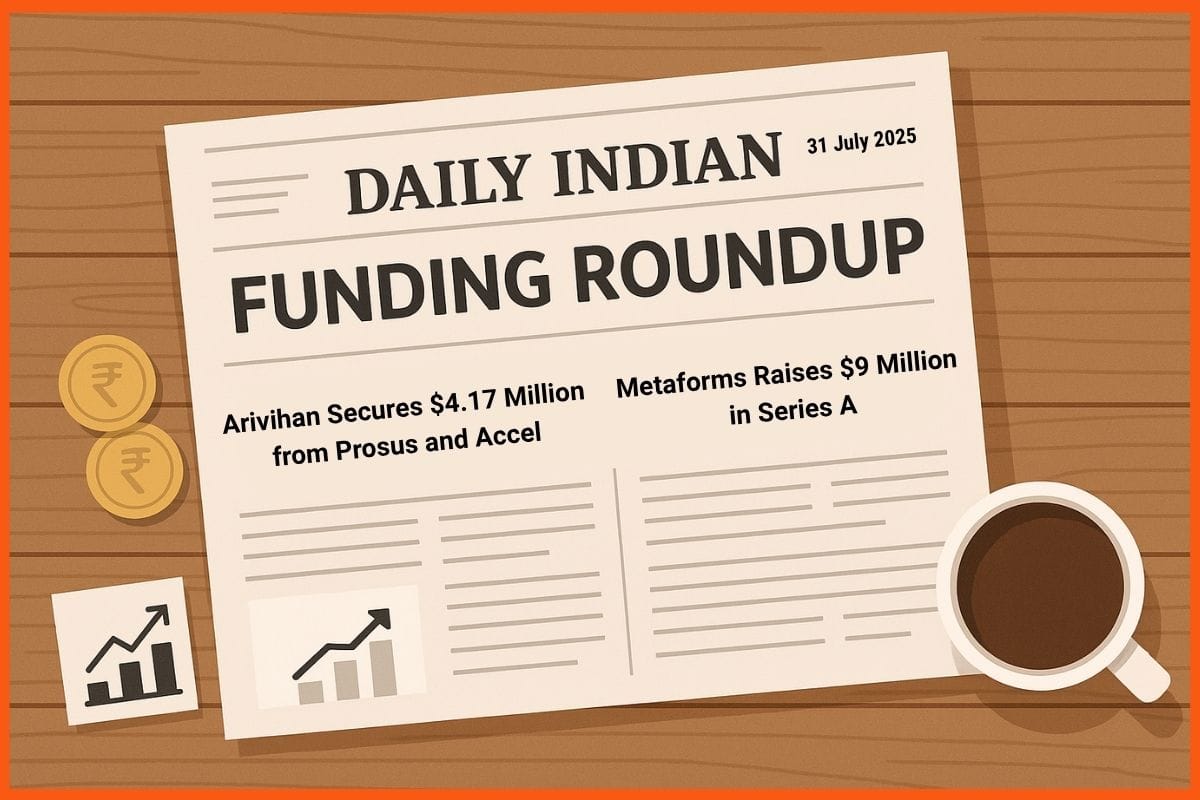After 50 years, the Indian Postal Department has announced that its renowned Registered Post service will be discontinued. In order to modernise operations, the service will be phased down starting on September 1, 2025, as part of a strategic integration with Speed Post.
Impact on Users: Cost, Convenience, and Concerns
For more than 50 years, the Registered Post was a dependable, reasonably priced, and legally valid service. The service played a crucial role in the lives of millions of Indians by distributing key documents such as government letters, legal notices, and employment offers.
The decision was made in response to official data that revealed a 25% decline in registered products from 244.4 million in 2011–12 to 184.6 million in 2019–20. This decline was hastened by the use of digital technology and competition from e-commerce logistics and private couriers.
Speed Post Integration: What’s Changing?
All departments, courts, educational institutions, and users have been directed by the secretary and director general of the postal service to switch to the new system by September 1. By combining services under Speed Post, which has been in business since 1986, the merger seeks to increase tracking accuracy, delivery speed, and operating efficiency.
However, because Speed Post is more costly, questions have been raised regarding affordability. Speed Post starts at INR 41 for up to 50 grams, which is 20–25% more expensive than Registered Post, which has a beginning rate of INR 25.96 plus INR 5 for 20 grams.
Small business owners, farmers, and regular people who depend on reasonably priced services may be burdened by this pricing disparity in rural India, where post offices are essential for communication. According to officials, this modification is required to satisfy changing customer demands in the digital era.
Registered Post: A Legacy of Trust Since British Era
The shift has caused nostalgia among users, especially older generations and rural areas, who see Registered Post as a symbol of confidence, even though the Department of Posts guarantees that Speed Post will maintain essential functions like monitoring and acknowledgement.
The British colonial era is where Registered Post got its start as a dependable way to convey safe, legally acknowledged documents. It was widely utilised by government agencies, banks, and academic institutions and was prized for its affordability and proof of delivery.
It was a reliable way for government agencies, banks, courts, and educational institutions to guarantee documentation and compliance because proof of delivery and posting could be used in court.

